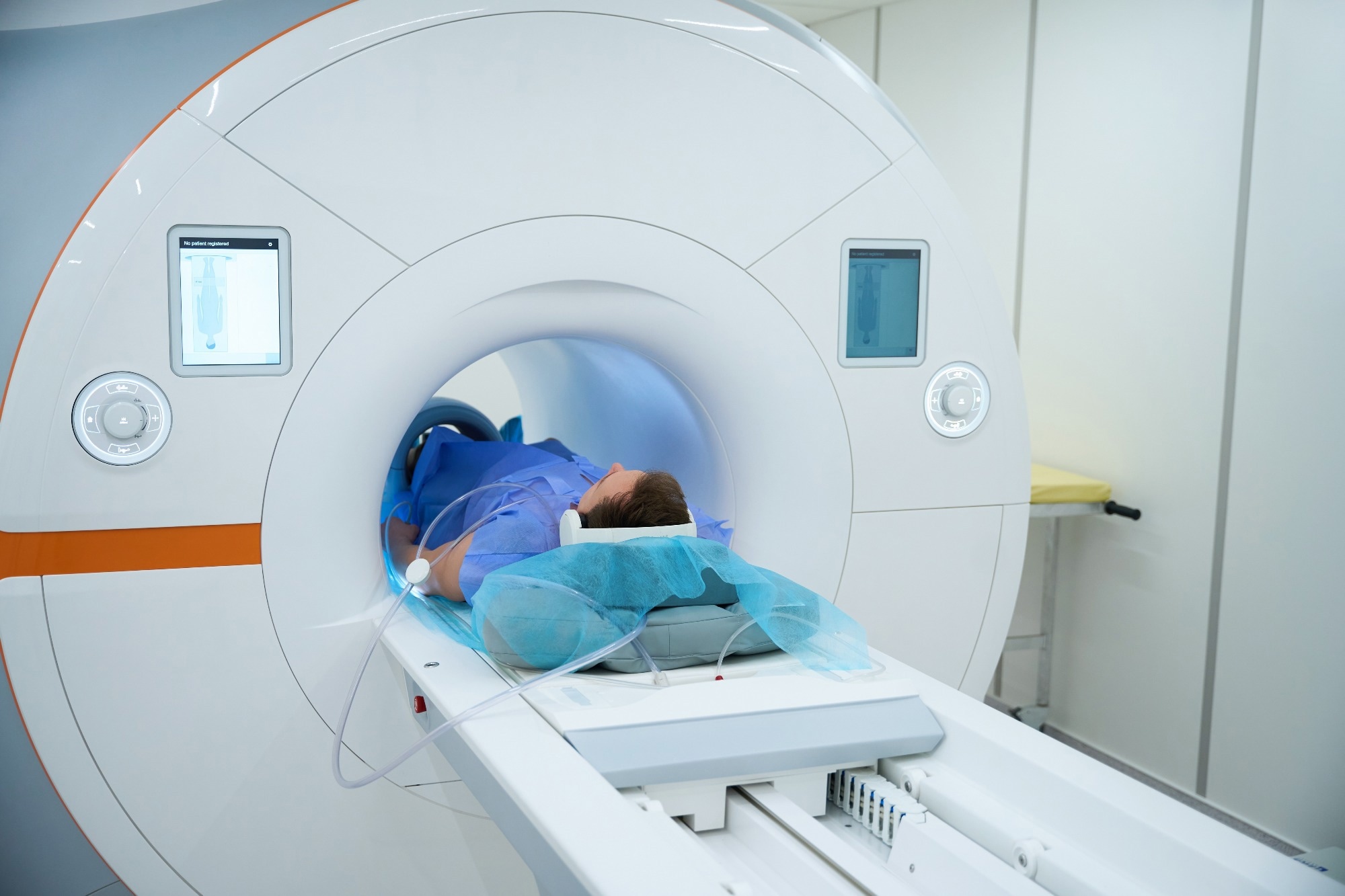In a study published in OncoImmunology, researchers from the German Cancer Research Center and Heidelberg University have created a therapeutic vaccine that mobilizes the immune system to target cancer cells.
 Image Credit: Svitlana Hulko/Shutterstock.com
Image Credit: Svitlana Hulko/Shutterstock.com
The researchers demonstrated that virus peptides combined with silica nanoparticles can trigger efficient T-cell responses against HPV-related malignancies. When tested in a mouse model, the nanoparticles significantly suppressed tumor growth in cancers caused by human papillomaviruses (HPV).
HPV is a leading cause of cervical cancer, but is also a lesser known contributor to head and neck tumors and other cancers. Preventive HPV vaccines reduce pathogen infection and, as a result, the development of cancer. However, for people who already have precancerous lesions or established tumors, there are currently no approved therapeutic vaccines that can treat the disease.
This new research aims to meet this need by creating a vaccine that both prevents infection and actively trains the immune system to recognise and kill cancer cells already affected by HPV.
The vaccine centres around silica nanoparticles. Stable, durable silica dioxide particles were treated for biocompatibility and loaded with viral protein fragments, or epitopes, found in HPV cancer cells. These epitopes were carefully selected based on their ability to trigger the human immune system.
After injection, specialized immune cells called antigen-presenting cells pick up the particles and display the viral epitopes on their surface. This triggers cytotoxic T cells, which target and kill cancer cells. The combination with an extra adjuvant proved highly beneficial.
To evaluate the vaccine's performance in a setting close to human biology, the team used genetically modified mice with "humanized" immune systems. In these mice, immunization resulted in considerable activation of cytotoxic T cells. Existing HPV-positive tumors were entirely inhibited in some mice, allowing them to live longer lives.
These are encouraging results that confirm our decision to continue developing the nanoparticle vaccine system. It is versatile and could be used in the future not only against HPV-associated cancers, but also against other tumors or infectious diseases.
Angelika Riemer, Study Leader, German Cancer Research Center (DKFZ)
These findings suggest that the vaccine not only prevents tumor progression but may also offer long-term survival benefits.
Silica based vaccines are known for their stability and simplicity of production, and can be used in areas where it is difficult to maintain the refrigeration chain necessary for conventional vaccinations, providing a significant benefit for worldwide usage.
Journal Reference:
Kruse, S., et al. (2025) A versatile silica nanoparticle platform for induction of T cell responses – applied for therapeutic vaccination against HPV16 E6/E7-positive tumors in MHC-humanized mice. OncoImmunology. doi.org/10.1080/2162402X.2025.2548002